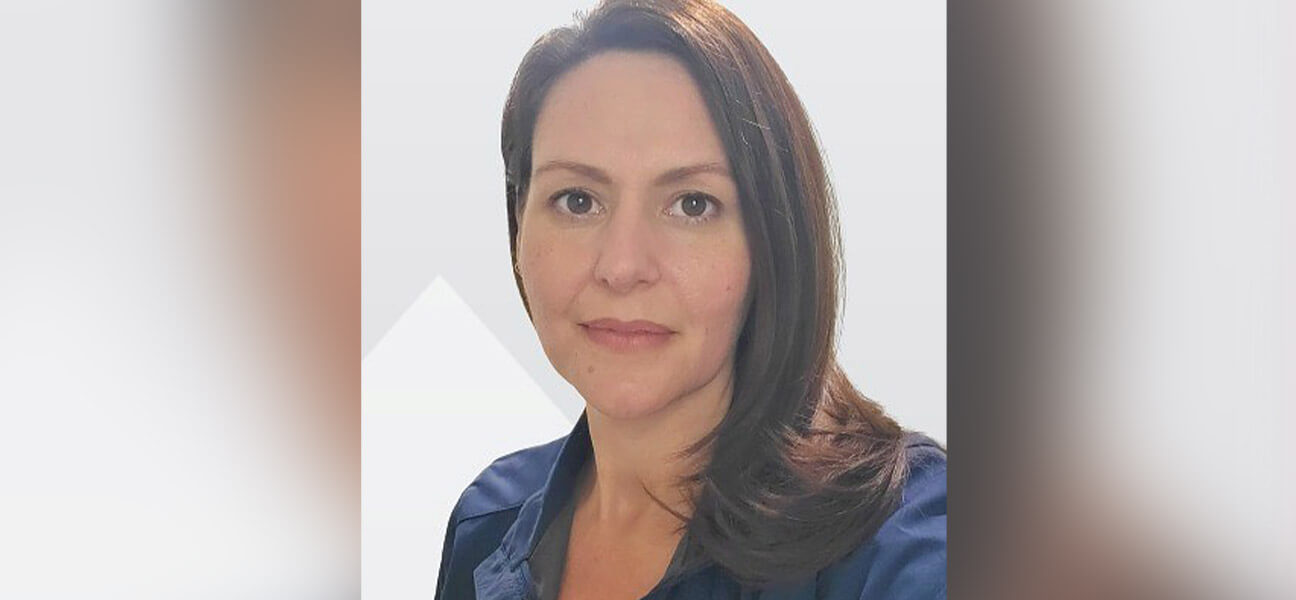Hotel Business caught up with Amanda Williams, senior product specialist, Solonis, to talk PMS systems and revenue.
What are some of the issues you are finding that hoteliers are dealing with when it comes to their PMS systems?
One major issue some hoteliers face is that their property management systems only do the bare minimum and don’t support ongoing growth and scalability. In a post-COVID hospitality landscape, we need our technology to help optimize guest interaction, support front-desk and back-office staff and drive data-backed business decisions. Current staffing challenges have made this glaringly clear. Today, smaller teams are challenged with doing more with less, and a PMS can be your greatest tool in supporting team agility and adaptability.
For instance, some legacy property management systems don’t integrate well with third-party tools. If your hotel is still relying on a system like this, you’re likely running into limitations in your daily workflows and how you serve guests. If your guests can’t leverage mobile check-in features and your staff can’t manage reservations, billings, vacancies or reports from a smartphone or tablet, you’re severely restricting the convenience of the guest experience as well as your hotel’s operational efficiency.
Do you have any tips on how hoteliers can successfully manage their hotel revenue?
My two biggest tips for hoteliers aiming to successfully manage their property revenue are prioritizing reporting and finding the right balance of automation.
First, let’s look at reporting. To get the complete scope of your property’s revenue, you need visibility into all debit and credit transactions, billing and invoicing, and end-of-day/monthly accounts. Find a PMS partner that can help you evolve your accounting to give you high-level daily financial transaction updates, rate optimization functionality and easy invoicing processes. Investing in a technology system that allows you to customize any reports you need is also important. This will give your management team access to a centralized data hub that can drive business decisions.
Additionally, hoteliers should find the right balance of automation to support revenue management. For example, consumers today aren’t booking as far in advance because there’s a higher level of uncertainty compared to 2019 or early 2020. Using the automation tools in your PMS, you can track trends, easily adjust where occupancy is sitting and implement changes through tools vs. spending hours manipulating your rates. These prices and restrictions in your rates can then be pushed to all booking avenues/OTAs.
So, if there’s another surge in COVID or another economic trend impacting traveler behavior, you can quickly react and make adjustments that still drive revenue within a new set of parameters. Opposite of that example—if you’re coming into a peak season and your business is looking strong, you can implement automation in inventory control.
Are there any other best practices hoteliers should consider to maximize revenue?
I know I touched on some ways automation can support revenue management, but a best practice is not to rest on automation alone. You want to take advantage of technology and make it work for you to increase bookings, but you also need someone on the property who can track your most recent occupancy levels and recommend rate increases or drops.
Another best practice to maximize revenue is to re-establish what your hotel’s shoulder seasons are and offer deals for consumers who are flexible and willing to travel during this time. Your shoulder season occurs between high and low seasons and typically has fewer guests. By using dynamic pricing tools that adjust rates based on occupancy and seasonality, you can incentivize guests to book during your shoulder season and drive additional revenue. And if you can offer greater incentives to book farther in advance, that’s even more ideal because most properties aren’t seeing people book far out in today’s landscape.
How can hotels automate operations using cloud-based hotel management software?
When thinking about hotel operation automation, you can break things out into three main buckets: front desk, operations and guest experience. For the front desk staff, a cloud-based PMS simplifies the day-to-day experience and automates more manual tasks—freeing up your team to take care of guests.
This automation can look like room management, housekeeping and staff portal/staffing optimizations.
From an overarching operations perspective, your cloud-based PMS provides a holistic, configurable view of all property activities. You can set up automations that streamline reporting; for example, automatically sharing night audit information with management teams. These systems also have features that allow for activities, group, and event management—giving you greater visibility and control over what’s happening on your property. Additionally, cloud-based hotel management software can make it easy to manage multiple properties within one platform.
Lastly, hotel owners and operators can automate guest-facing operations with a cloud-based PMS. These automations are meant to enhance the guest experience and elevate their stay at your hotel, and they should be used alongside the personal touch of hotel employees. Guest portals, loyalty programs and two-way messaging features can help you stay engaged with your guests, streamline check-in/check-out processes and deliver more personalized experiences based on their preferences and purchasing behaviors.
You recently partnered with Outrigger Hospitality Group for property management systems and guest engagement technology at its portfolio of 16 Hawaii Vacation Condo properties across Hawaii. How has that integration gone?
That integration has gone well. We’ve enjoyed working with the Outrigger team to deliver a solution that enhances their guest experience and streamlines internal processes like reporting and revenue management. Looking ahead to the rest of 2023, we’ll have some other partnerships and announcements to announce, which we’re looking forward to. We know it’s no small thing to overhaul your property management system, so we do everything we can to ensure these properties feel supported and that we’re bringing the right balance of innovation and personal touch that luxury properties need.
